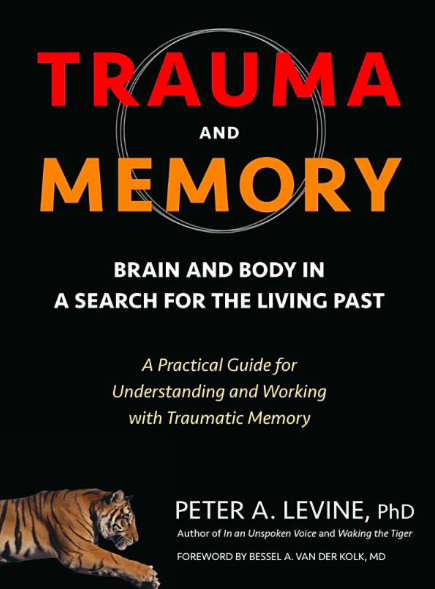

Introduction: Insomnia affects up to half of the U.S. Future research should consider biological markers as well as active control groups. Overall, a large, heterogeneous sample showed that already a very short dose of meditation can positively influence stress, sleep, and well-being. All effects remained stable at follow-up six weeks later. Mindfulness, as a core element of the meditation, increased during the study within the meditation group. It turned out that the meditation had a stronger impact on the reduction of negative affect than on the increase of positive affect and also a stronger effect on affective components of well-being. As expected, the meditation group (N = 341) showed lower stress, higher well-being and improved sleep quality after the intervention (very small to small effect sizes) compared with a waitlist control group (N = 430).
The irest program for healing ptsd full#
A Structural Equation Model (SEM) was used to analyze the data with Full Information Maximum Likelihood (FIML) in order to cope with missing data. The meditation was provided as audio file and carried out during a period of 30 days by the participants of the meditation group. The effects of this short meditation on stress, sleep, well-being and mindfulness were examined for the first time. To further extend these findings, an 11-min Yoga Nidra meditation that may especially be integrated in a busy daily schedule by people who can only afford short time for breaks was adapted and analyzed in an experimental online study design. Previous studies have shown that meditation-based interventions can have a significant impact on stress and well-being in various populations. Formal research should be conducted to confirm these QI project results. Results suggest TIY may target psychosocial mechanisms implicated in health behavior change (stress reduction, mindfulness, affect regulation, shame). TIY is both feasible and acceptable to Veteran women MST survivors in one specific Vet Center, with perceived behavioral health benefits. Regarding quantitative change, results suggest acute reductions in negative affect following yoga sessions across participants, as well as improved affect dysregulation, shame, and mindfulness T1 to T2. In qualitative interviews, women reported improved symptom severity, diet, exercise, alcohol use, sleep, and pain reduced medication use and themes related to stress reduction, mindfulness, and self-compassion. The current quality improvement project aimed to examine TIY’s feasibility, acceptability, and perceived effects in the context of MST.Įxtant TIY program (Mindful Yoga Therapy) adapted for Veteran women with MST in concurrent psychotherapy.Īttrition and attendance qualitative exit interview validated self-report measure of negative affect pre/post each yoga class, and symptom severity assessments and surveys before (T1 Time 1) and after the yoga program (T2 Time 2).įeasibility was demonstrated and women reported TIY was acceptable. Trauma-informed yoga (TIY) is suggested to improve psychiatric symptoms and shown feasible and acceptable in emerging research, yet no work has evaluated TIY in MST survivors.

Up to 70% of women service members in the United States report military sexual trauma (MST) many develop post-traumatic stress disorder (PTSD) and co-occurring disorders. This small pilot study showed promising results for delivering iRest to women with sexual trauma in a VA medical center. Participants also enthusiastically endorsed the class and stated they would take it again and recommend it to others. Participants also offered verbal reports of decreased body tension, improved quality of sleep, improved ability to handle intrusive thoughts, improved ability to manage stress, and an increased feeling of joy. Sixteen women were recruited: 15 enrolled, 5 dropped due to transportation issues, and 10 completed the protocol.Ĭompleters reported significant decreases in symptoms of posttraumatic stress disorder (PCL, t (9) = 3.17, p < 0.01, d = 0.66), negative thoughts of self-blame (PTCI t (9) = 2.96, p < 0.05, d = 0.52), and depression (BSI, t (9) = 2.33, p < 0.05, d = 0.64). Participants completed self-report measures Brief Symptom Inventory-18 (BSI), Posttraumatic Cognitions Inventory (PTCI), and the Post-traumatic Stress Disorder Check List (PCL) pre- and post-treatment. This pilot study examines iRest, a form of guided mindfulness meditation, and its ability to reduce symptoms associated with sexual trauma, including military sexual trauma (MST), in a sample of women seeking psychotherapy services at a Department of Veterans Affairs (VA) medical center.ĩ0-minute sessions were held 19 times, twice a week for 10 weeks, except for the week with a holiday.


 0 kommentar(er)
0 kommentar(er)
